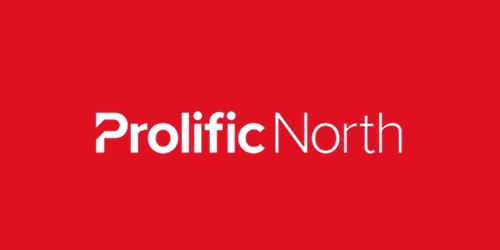blog:
Getting back to the foundations: The importance of an effective brand strategy

Brand strategy and formulation is SO important for any organization. Having a clearly defined brand strategy aids long-term focus on where your business is heading. The benefits are countless, but put simply, clear pharma brand positioning can lead to better long-term engagement and greater overall success for your organization.
But what IS pharma brand positioning? And how do you focus specifically on long-term brand strategy without being bogged down by the day-to-day tactical to-do lists that seem never-ending?
Let’s break it down by taking a minute to think about what makes a brand?
A brand is one of the more intangible assets an organization has. There are many different definitions of what a brand is; it’s been called everything from gut feeling, a living memory, an interface or an emotional association. And to confuse matters further, many use the word “brand” when they actually mean ‘reputation’, ‘company’ or even ‘logo’.
So let’s start by talking about the most useful ways to categorize what a brand is.
Ultimately, a brand reflects your organizations’ identity. It is the sum of all the different ways you wish to be recognised in the market:
- How you are different to your competitors
- The promises you make to your customers
- The way you do business
- The common purpose that all your employees work toward
- Your tone of voice
- Your visual identity
When stripped back like this, you can see that a brand should be a powerful tool for persuading customers, attracting talent and encouraging investment. It is an essential way of articulating ‘Why You’.
A brand strategy is the process you go through to ensure you are persuading, attracting, and encouraging in the best ways possible. A brand strategy is created by understanding the needs, motivations, and attitudes of your customers, competitors, and stakeholders, and then combining that insight with the story of what makes your organization unique.
This provides four key datasets; the external customer, the internal stakeholders, the contextual sector, and the company story.
When we research and investigate these four areas for our clients, we then synthesize the data for insight and thematic repetition, allowing us to craft a brand purpose (WHY), a value proposition (WHAT), and a unique position in the market (HOW), which becomes a foundation for all of your external and internally facing communications.
This approach ensures that your marketing is oriented around what your customers want to buy rather than what you want to sell. In this way, a brand strategy enables your brand to become a powerful sales tool that works across the funnel.
This is a key point for getting internal buy-in for brand investment. A brand should work across the funnel, not just for awareness but working hard at the bottom of the funnel too; providing insight and distinction when prospects are creating shortlists converting them by being laser-focused on their needs and motivations.
The alternative to this approach, where organizations do not invest in proper brand strategy, is something we see all too often. The result is homogeny, in which the organization uses the same visual identities, marketing language, and routes to market, creating no differentiation from competitors and no visible place for themself in the market.
In summary, for brand strategy to create value it must:
- Clearly define your position in the market and be distinct from your competitors
- Be rooted in the needs of your customers
- Act as a conduit between marketing and sales
- Inform all marketing messaging across every channel
- Be an ongoing reference point for internal and external communications
In order to create a brand strategy that delivers real value for you, it’s important to take the time to reflect on what this actually means for your business. When you’re ready to tackle reviewing and refining your strategy, look out for the next post in our brand strategy series where we’ll cover how to proactively place brand strategy into the spotlight.
Related news, insight and opinion




